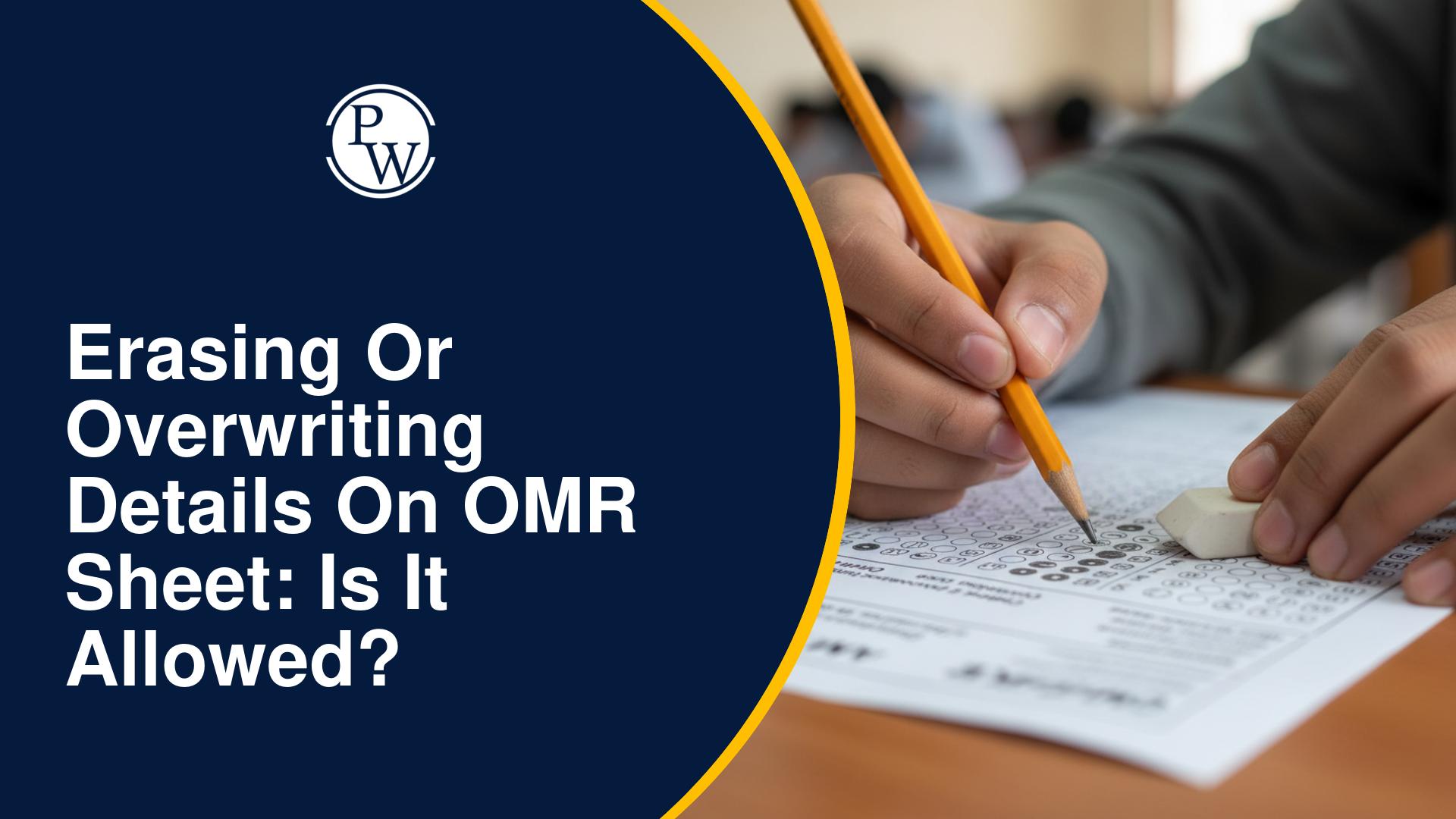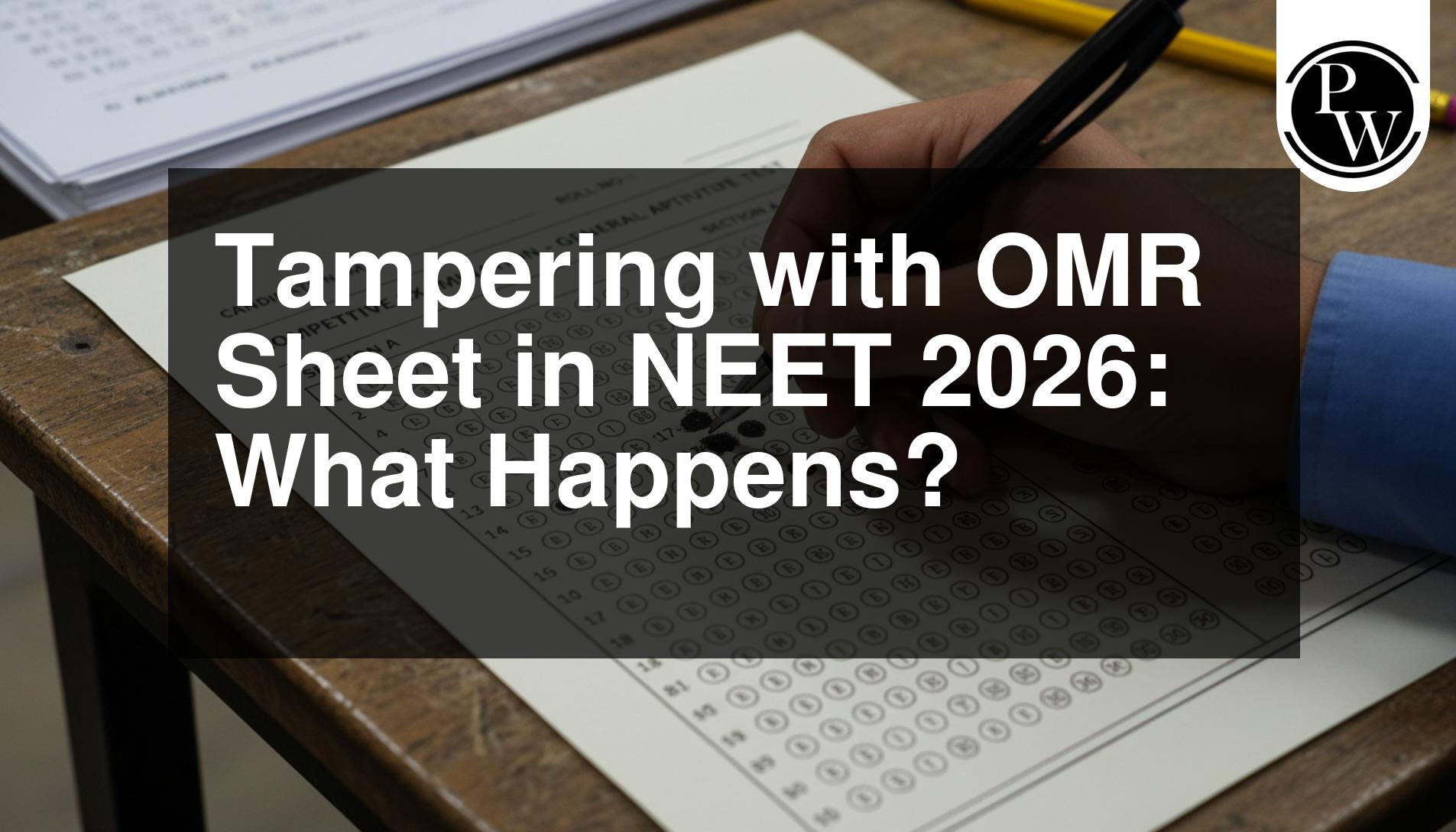
Solid Waste Management MCQ Introduction
Solid Waste Management MCQ: Solid Waste Management is the systematic process of collecting, transporting, disposing, and responsibly recycling waste. It plays an essential role in maintaining public health and environmental sustainability.
Implementing effective Solid Waste Management practices helps reduce the potential risks of waste disposal, such as soil contamination, air pollution, and waterborne diseases. To efficiently manage solid waste, individuals need to understand their responsibilities toward proper waste disposal. It includes segregation at source, using reusable containers or bags instead of single-use plastics, and disposing of hazardous wastes separately from regular household garbage. Governments must also implement policies encouraging sustainable practices like composting food scraps or using biodegradable products. Proper Solid Waste Management enhances the quality of life and contributes towards preserving our natural resources for future generations.| NEET 2024 Exam Important Links | |
|---|---|
| NEET 2024 Syllabus | NEET Biology Notes |
| NEET 2024 Eligibility Criteria | NEET 2024 Exam Pattern |
| NEET Previous Year Question Papers | NEET 2024 Admit Card |
Solid Waste Management MCQ
Q 1. The newspaper contains one of the following toxic materials. it is
- Cadmium
- Pb
- Mercury
- Mg
Answer - b, Pb
Explanation: Lead is another toxic heavy metal pollutant released into our environment from industrial processes, automotive exhaust, and urban activities. Solid waste management can help reduce the amount of lead leaching out into our ecosystem.
Q 2. The organic material of the solid waste will decompose
- By the flow of water
- The soil particles
- The action of microorganisms
- By oxidation
Answer - c, By the act of microorganisms
Explanation: Microorganisms are primarily responsible for decomposing organic material in solid waste.
By performing biochemical reactions, microorganisms, such as bacteria and fungi, break down organic matter present in solid waste into simpler compounds. The organisms secrete enzymes that help break down complex organic molecules into smaller molecules, which can then be utilized by other organisms within the ecosystem. Providing moisture and a physical environment for microbial activity, water, and soil particles can contribute to the decomposition process, but they are not directly responsible for it. In solid waste, organic material decomposes primarily through microbial activity, which is caused by the reaction of organic matter with oxygen.Q 3. Polyblend is mixed with ..A... to lay roads in ...B... Complete the given statement by choosing the appropriate option for A and B:-
- A-bitumen; B-Bengaluru
- A-carbon; B-Delhl
- A-plastic; B-Kolkata
- A-cement; B-Chennai
Answer - a, A- bitumen; B- Bengaluru
Explanation: Polyblend, a type of plastic, is mixed with bitumen to lay roads in Bengaluru. Bitumen is commonly used as a binding material in road construction, and combining it with plastic (Polyblend) can help enhance the durability and flexibility of the road surface. Bengaluru, the capital of Karnataka in India, is known for its extensive road network and innovative road construction techniques.
Q 4. Eventually, the only solution for the treatment of e-waste, provided it is carried out in an environment-friendly manner, is:
- Incineration
- Burying in landfill sites
- Dumping in developing countries
- Recycling
Answer - d, Recycling
Explanation: Recycling is the only environmentally friendly solution for the treatment of e-waste. It helps reduce the amount of waste sent to landfills and incinerators and reduces the carbon footprint of electronic devices through energy-efficient processes. Recycling can help close the loop on electronic waste and create a circular economy for our future.
Q 5. Why is plastic so difficult to recycle?
- It's a rigid material.
- Because plastic is inherently sticky,
- Due to different types of polymer resins
- Due to the different sizes of plastic
Answer - c, Due to different kinds of polymer resins
Explanation: Since plastics come in many varieties, recycling them can be challenging as they all have different chemical compositions and properties. Various polymer resins make up plastics, including polyethylene (PE), polypropylene (PP), polyvinyl chloride (PVC), polystyrene (PS), and many others. Recycling each resin requires a different approach.
It can be difficult and labor-intensive to sort and separate different types of plastics. If other types of plastics are mixed during the recycling process, contamination may occur. It is also important to note that some plastics are more recyclable than others. Plastics that are labeled with a recycling symbol and a resin identification code are easier to recycle. It is, however, more challenging to recycle plastics that do not have clear labels, or that contain additives or mixed materials.
Q 6. Identify the Wastes That Are Known as Municipal Solid Waste (MSW) from the following?
- piece of wood
- plastic can
- food waste
- all of the above
Answer - d, all of the above
Explanation: All of the above! Municipal Solid Waste (MSW) includes all four items: pieces of wood, plastic can, food waste, and all other discards from homes or businesses that are commonly collected by municipalities.
Q 7. How Does an Organic Material Decompose in the Buried Solid Waste?
- By the action of microorganisms
- By the action of oxidation
- By the soil particles
- By the flow of water
Answer - a, by the action of microorganisms
Explanation: Organic matter decomposes in the buried solid waste through the action of several processes, including microorganisms, oxidation reactions, soil particles, and water flow. The first two processes are biological and involve different types of microorganisms that break down complex molecules into simpler substances, such as carbon dioxide, water, and nutrients.
Oxidation reactions also occur, which cause the breakdown of organic matter into simple components. In addition, physical processes occur due to the movement of soil particles and water which can help break down organic material.Q 8. Which of the following gases is generated when the matter inside the sanitary landfill breaks down?
- Methane
- Nitrogen
- Hydrogen
- All of the above
Answer - a, Methane
Explanation: Methane is the gas that is generated when the matter inside the sanitary landfill breaks down. Methane is a powerful greenhouse gas and can contribute significantly to climate change if not managed properly. Luckily, Solid Waste Management has developed processes to capture and convert methane from landfills into clean energy.
Q 9. Municipal solid wastes are burned in a properly designed furnace under suitable temperatures and operating conditions. This process is called as
- Landfill
- Incineration
- Recycling
- Vermicomposting
Answer - b, Incineration
Explanation: An incineration process involves burning municipal solid wastes at a suitable temperature under these operating conditions in a properly designed furnace. The heat generated by incineration helps to reduce the volume of solid waste and converts it into ash, pollutants, and heat energy.
Q 10. Solid Waste Management has how many functional components?
- Four
- Five
- Six
- Three
Answer - c, Six
Explanation: Solid Waste Management can include up to six functional components: Collection and transport, Processing and treatment, Disposal, Monitoring and regulation, Education and outreach, and Research and development. With these six components, it is possible to reduce, reuse, and recycle solid waste in order to protect the environment and human health.
Q 11. Which integrated waste management is reduced on an individual level?
- Burning
- Disposal
- Recycling
- Source reduction
Answer - d, Source Reduction
Explanation: This is the process of reducing the amount of waste generated at its source, such as purchasing products with less packaging and reusing materials whenever possible. Source reduction can reduce environmental pollution and save natural resources for future generations.
Q 12. Which of the following statements is not true about plastic waste?
- Can be used to make organic fertilizer
- It lasts longer
- The toxic smoke is produced during combustion
- All of the above
Answer - a, Can be used to make organic fertilizer
Explanation: Plastic waste cannot be used to make compost. Composting is a natural process that involves the decomposition of organic materials into nutrient-rich soil called compost. However, plastics are not biodegradable and do not break down easily like organic materials. Instead, they persist in the environment for a long time, causing pollution and harm to ecosystems.
Option A is not true because plastic waste cannot be used as composting material. Options B and C are true statements. Plastic lasts for a longer period of time, and when burned, it can release toxic fumes into the environment.Q 13. Which is the least preferred strategy of Integrated Solid Waste Management according to their Environmental benefits?
- Landfills
- Composting
- Waste to Energy
- Recycling
Answer - a, Landfills
Explanation: The landfill is the least preferred strategy of Integrated Solid Waste Management according to its Environmental benefits. While landfills provide a safe way to store waste, they are not seen as a sustainable solution as they require a large amount of land and can produce methane emissions which adds to global warming.
Q 14. In solid waste management, waste utilization is achieved by
- Recover, reclamation of reproduce
- Reuse, Reclamation, and Recycling
- Recover, Recycle, and Reproduce
- Reuse, Reproduce, and Recycling
Answer - b, Reuse, Reclamation, and Recycling.
Explanation: In solid waste management, waste utilization is achieved by implementing strategies such as reusing, reclaiming, and recycling. These methods help reduce the amount of waste that ends up in landfills and promote a more sustainable approach to waste management.
- Recovery, reclamation, and reproduction (Option 1) do not accurately reflect common waste management practices. Reproduction is not typically associated with waste utilization.
- Reuse, reclamation, and recycling (Option 2) are commonly employed strategies. Reuse involves using a product or material multiple times before discarding it, reclaiming involves recovering valuable materials from waste for further use, and recycling involves processing waste materials into new products.
- Recovery, recycling, and reproduction (Option 3) is similar to Option 1 but replaces "reproduce" with "recycling." While recovery and recycling are valid strategies, reproduction is not directly related to waste utilization.
- Reuse, reproduce, and recycle (Option 4) includes "reproduce," which is not typically associated with waste management. The accurate term is "reclamation," which involves recovering valuable materials from waste.
Q 15. Sludge bulking can be controlled by
- Chlorination
- Coagulation
- Aeration
- Denitrification
Answer - a, Chlorination
Explanation: Sludge bulking: A bulky appearance can be attributed to filamentous micro-organisms (e.g. fungi ). Filamentous micro-organisms are observed due to low nutrients and high pH levels in sludge Low F/M ratio and sludge age.
As per the latest research, the most successful methods for controlling these organisms are: (a) Reducing the sludge age to less than six days The chlorination of return-activated sludge The BOD(g): N : P ratio should be 100: 5: 1 if it is less. Physics Wallah's NEET online coaching offers a winning combination of experienced teachers, interactive classes, and comprehensive study materials to ensure an effective understanding of NEET concepts. Join us for a supportive learning environment, covering the syllabus thoroughly and enhancing your chances of success in the NEET examination.Solid Waste Management MCQ FAQs
What is solid waste management?
What are the four types of solid waste management?
What are the 5 ways of solid waste management?
What are the 5 functions of solid waste management?
What is solid waste and its types?










